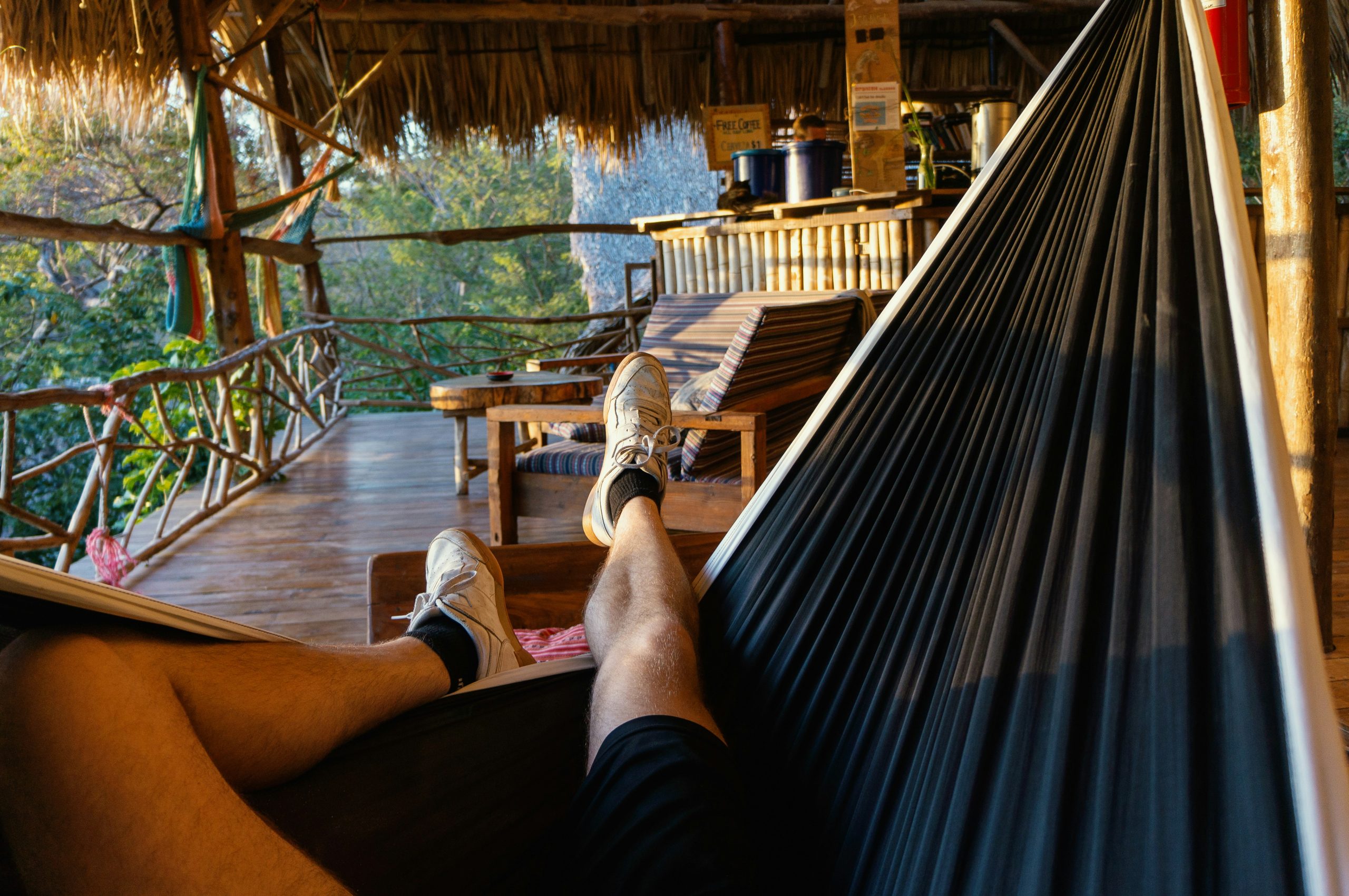How Wellness Tourism Contributes to Sustainability
In today's economic environment, tourism stands out for its significant contribution to the global economy. However, it is crucial to examine the different types of tourism, especially those arising from new habits and adaptations of contemporary travelers. Among these, wellness tourism and sustainability emerge as fundamental pillars, integrating into all sectors, including tourism. On this occasion, I want to highlight how wellness tourism can drive sustainability. To begin, it is essential to understand what wellness tourism entails. This type of tourism gains importance as travelers seek experiences that enhance their quality of life, whether in emotional or health terms. This sector has seen notable growth, becoming an emerging trend that has significantly influenced the post-pandemic economy. According to "The Global Wellness Economy: Country Rankings" report published in January 2024 by the Global Wellness Institute, countries showing particularly strong post-pandemic recovery include Israel, the United Arab Emirates, Croatia, Romania, and the Czech Republic, all of which have large and growing wellness tourism sectors. The report also highlights that the wellness economy is projected to grow at a solid rate of 8.6% annually over the coming years, reaching nearly $8.5 trillion by 2027. This underscores that wellness tourism is not only beneficial for travelers
Regenerative Tourism: Beyond Sustainability
In recent years, we have witnessed the rapid growth of tourism, positioning itself as one of the fastest-growing sectors, second only to technology, further boosted by the exponential advancement of artificial intelligence. As avid readers, we understand the economic impact of tourism and its crucial influence on sustainability. However, today I want to explore a type of tourism that is gaining increasing relevance: regenerative tourism. This approach goes beyond mere sustainability, aiming not only to mitigate environmental impact, but also to actively contribute to the restoration and improvement of the environment. Regenerative tourism is distinguished by activities designed not only to reduce the negative impact of conventional tourism, but also to enhance environmental resilience in the face of climate change. In response to current challenges in the tourism industry, this approach emerges as a necessary and responsible option. A prominent example of this model is The Good Concierge Project, featured on labuenahuella.org, highlighting Víctor Fernández Morales as Co-Founder and Project Director. Pula Golf Resort in Mallorca stands out as a leader in competitive regenerative hospitality. Since its establishment in 1996, the resort has been recognized for its commitment to Corporate Social Responsibility (CSR) and environmental policies. During the COVID-19 pandemic, it actively


